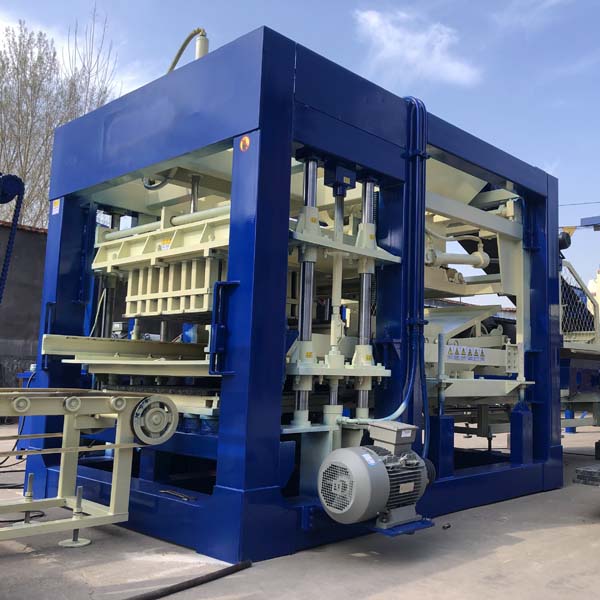
In the realm of construction, bricks have stood the test of time as a fundamental building material.
From ancient civilizations to modern urban landscapes, bricks have been a cornerstone in erecting structures that define the built environment.
With the advent of technology, brick manufacturing has evolved from traditional manual processes to sophisticated automated systems, and at the pinnacle of this evolution stands the “BrickMaster Pro” – a revolutionary modular brick manufacturing system that redefines efficiency, precision, and sustainability in the construction industry.
The Evolution of Brick Manufacturing
The history of brick manufacturing traces back thousands of years, with early civilizations crafting bricks by hand through a labor-intensive process involving clay molding and sun-drying.
As industrialization gained momentum, mechanized brick-making machines emerged, drastically increasing production rates.
However, it is the recent convergence of cutting-edge technologies that has birthed the BrickMaster Pro, embodying the spirit of both tradition and innovation.
Modular Brilliance: Unveiling the BrickMaster Pro
The BrickMaster Pro represents a paradigm shift in brick manufacturing, leveraging modular design principles to optimize various stages of production.
At its core, this system comprises four key modules, each playing a pivotal role in the manufacturing process:
The BrickMaster Pro begins its journey with the automated material handling module. Raw materials, primarily clay and additives, are precisely measured, mixed, and conveyed to subsequent stages.
This automated process ensures consistent material composition, resulting in uniform brick quality while minimizing waste.
Central to the BrickMaster Pro’s prowess is its precision molding module.
This module employs advanced robotics and computerized control systems to shape the raw materials into perfectly formed bricks.
The modular nature of this system allows for rapid mold customization, enabling manufacturers to swiftly adapt to changing design requirements and produce a diverse range of brick sizes and shapes.
Once molded, the bricks are transferred to the curing and drying module.
Here, an intelligent climate control system optimizes curing conditions, expediting the drying process while maintaining stringent quality standards.
This module significantly reduces energy consumption compared to traditional drying methods, underscoring the BrickMaster Pro’s commitment to sustainability.
The final module of the BrickMaster Pro harnesses eco-friendly firing technology.
Traditional brick kilns often emit substantial greenhouse gases and pollutants, contributing to environmental degradation.
In contrast, the BrickMaster Pro employs clean-burning technologies, minimizing emissions and reducing the system’s overall carbon footprint.
This approach not only aligns with global sustainability goals but also positions brick manufacturing as a responsible contributor to a greener future.
Sculpting the Future of Construction
The BrickMaster Pro is more than a manufacturing system; it is a catalyst for transformative change in the construction industry.
Its modular design empowers manufacturers to adapt to evolving market demands swiftly, offering a competitive edge in a dynamic business landscape.
Furthermore, the system’s emphasis on sustainability resonates with a society increasingly conscious of its environmental impact.
In conclusion, the BrickMaster Pro stands as a testament to human ingenuity and technological progress.
With its modular approach, automated precision, efficient curing, and eco-friendly firing process, it embodies the ideals of modern construction: efficiency, precision, and sustainability.
As our world continues to evolve, the BrickMaster Pro paves the way for a new era of brick manufacturing, sculpting not only the structures we build but also a brighter, more sustainable future for generations to come.
